Online Safety
The Computing curriculum aims to equip pupils with the knowledge, understanding and skills to use information and communication technology (ICT) creatively and purposefully. A key aspect of this lies in being “digitally literate”. Online technologies play a huge role and so providing a broad and balanced online safety education at each key stage is vital to ensuring that pupils can navigate the online world safely and positively.
“Digital Literacy” – a definition:
1. The ability to find, evaluate, use, share, and create content using computers and the Internet.
2. The ability to understand and use information in different formats (articles, journals, videos, etc) from different sources (web search, news website, someone’s blog, etc) when presented on a computer.
The concept of literacy is more than just being able to read – it’s about reading with meaning. You can’t understand information found on the Internet without evaluating its sources and placing it in context.
Pupil Acceptable Use Policies
Pupils are learning about acceptable online use and each class is signing an acceptable use policy agreement for pupils. You can view these "Acceptable Use of IT" agreements on our Policies page.
Being Safe Online Outside School
At school the children’s use of the Internet is controlled, filtered and closely monitored. The information and web sites below can help you as parents understand online safety and, if necessary, use tools to keep your child(ren) safe online.
Information booklets
These clear and informative booklets are free for you to download.
The Little BIG Book of Badness
- a guidebook for students and parents on how to stay safe on the Internet
- an A to Z of computer and data security threats
Online Safety Links
Supporting parents with online safety advice, and children to protect them and help them recover from abuse
NSPCC Learning - online-safety - resources, guidance and training designed to help you create and maintain safer online spaces for children
A command of the National Crime Agency, CEOP works with child protection partners across the UK and overseas to identify the main threats to children and coordinate activity against these threats to bring offenders to account
CEOP Education - CEOP's education team aiming to help protect children and young people from online child sexual abuse with pages for 4 to 7 year olds and 8 to 10 year olds.
A not-for-profit organisation working with online safety experts to bring you all the information you need to keep your children safe online
A great source of practical, factual and easy-to-understand information on online safety with great links for advice with children under 5 years, 6 to 9 years and 10 to 12 years old.
Get Safe Online - short videos
Get Safe Online - safe social networking



